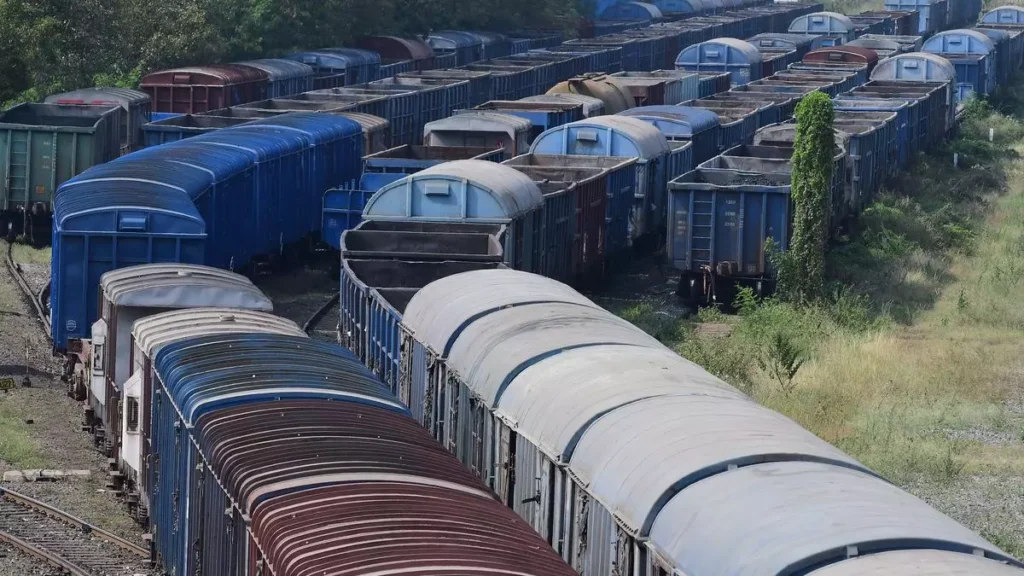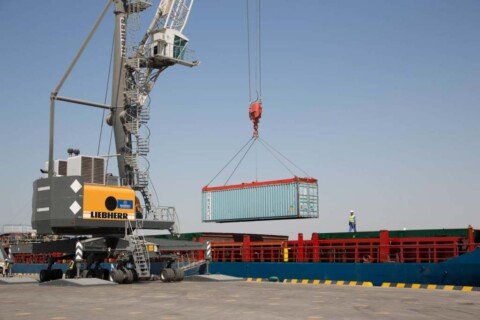In April, Indian Railways experienced a marginal uptick of 1.45% in its freight volumes, but the growth was tempered by a notable decline in coal transportation, signaling potential shifts in energy demand and weather patterns. According to recent reports, the railways transported 128.29 million tonnes (mt) of goods during the month, representing a decrease of nearly 6 mt in coal traffic compared to the same period last year.
Despite the overall growth, the railways faced challenges in its coal segment, with a significant drop of almost 9% in coal traffic, amounting to 57.64 mt year-on-year. This decline is particularly noteworthy as coal constitutes a substantial portion of the transporter’s cargo volumes and revenue, comprising 50% of its total earnings.
Analysts attribute the subdued coal volumes in April to a cooler start to the summer, especially in the northern and western regions of India, which are primary consumers of thermal coal for power generation. These areas experienced temperatures lower than expected, dampening the demand for coal. Conversely, the eastern part of the country, while experiencing sweltering conditions, has not compensated for the decline in demand from the northern and western states.
The decrease in coal transportation also reflects adjustments in the supply chain, possibly influenced by changing weather patterns and demand dynamics. Notably, in 2022, the railways had to cancel over 1,000 train trips due to surging coal demand, indicating a significant shift in the transportation landscape within a relatively short period.
Despite the challenges in the coal segment, the railways managed to achieve freight revenue of Rs 14,075.14 crore in April 2024, marking a modest improvement of about 1.30% compared to the previous year. The slight growth in other cargo segments partially offset the decline in coal traffic, reflecting the resilience of the rail freight sector amidst evolving market conditions.







